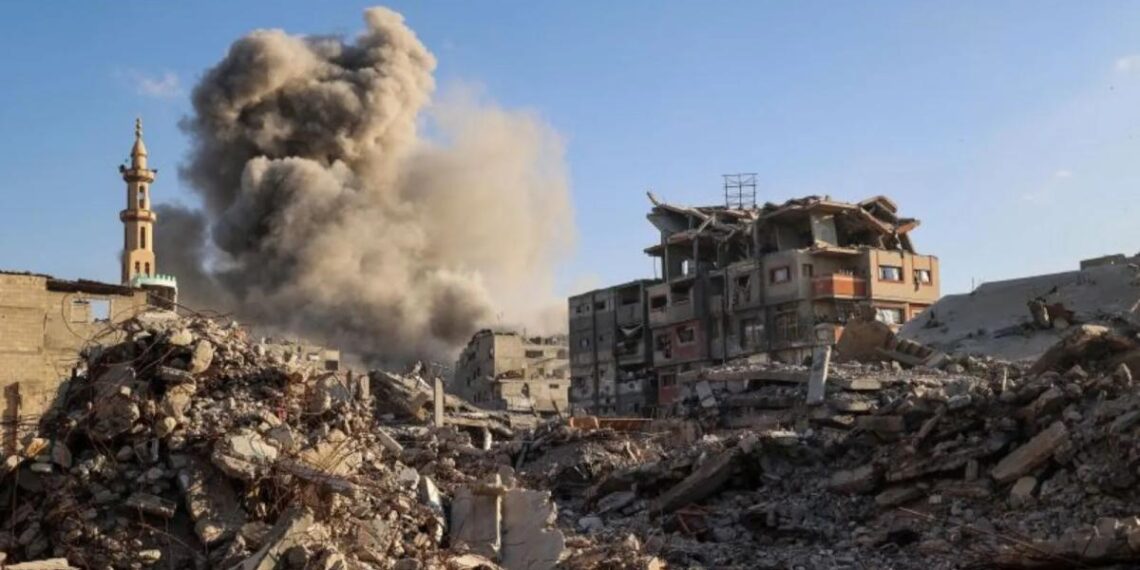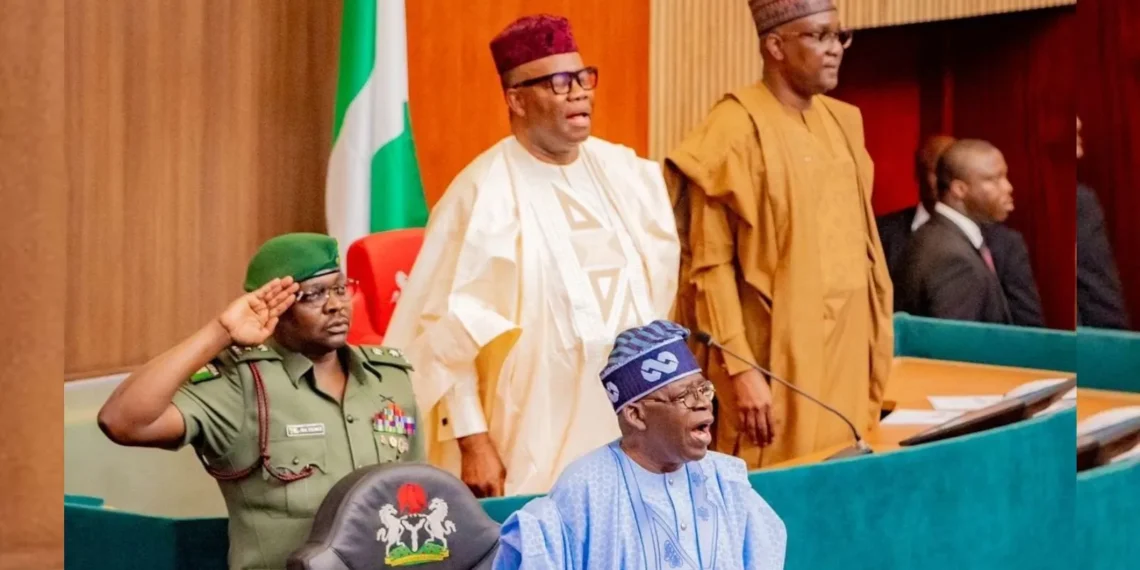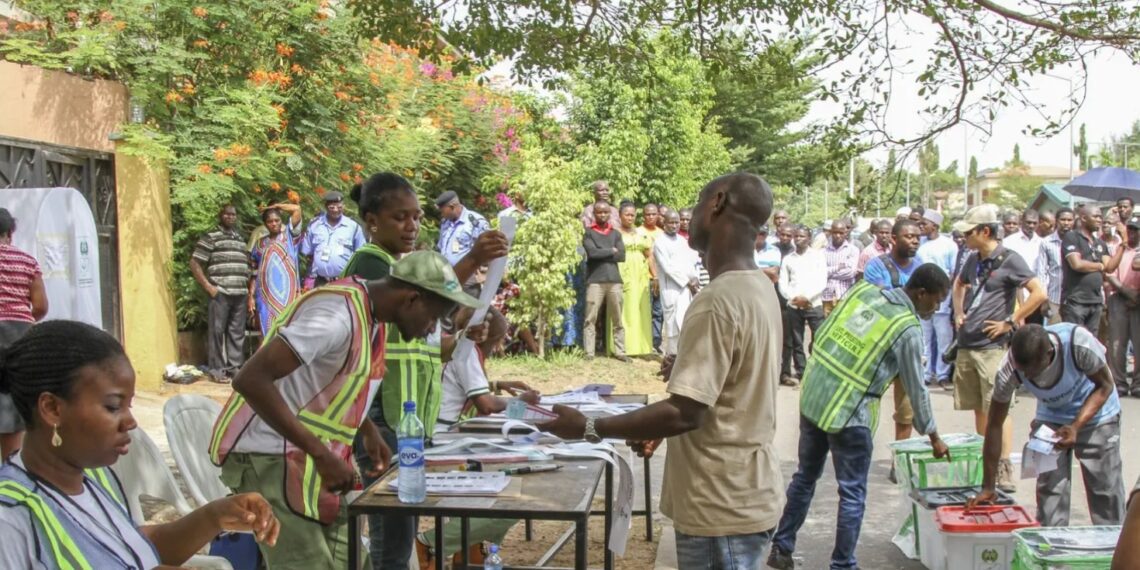The Nigerian real estate and property investments sector is one of the fastest growing industry in west Africa. This achievement largely, can be attributed to the ever growing large population of over 200 million people.
Despite the development and evolving trends, the Nigeria property market is experiencing and the rapid urbanization of various cities across the country, the Nigeria real estate industry is still burdened by numerous issues bans problems that are hindering its growth and efficient development. which have had negative impact on the Nigeria’s property and investment industry. Some of the issues affecting the Nigeria property market and suffocating it from achieving it’s true potential include.
1. High costs of property Development The capital required for Building a house in Nigeria, especially in some urban cities like; Lagos, Abuja, Delta and Port Harcourt can be very high. Some of the reasons for this include; high costs of building materials, high skilled labor costs, costs associated with poor roads and sewerage systems. About 75% of dwellings in Nigeria’s urban areas are built of concrete, cement prices in Nigeria are rising by the minute than in other neighboring countries and compared to world market prices, there is the issue of lack of adequate infrastructure and similar problems.
2. Environmental Social Governance (ESG) ESG is an acronym for Environmental, Social and Governance. It is a set standard that is used to evaluate the environmental and climate effects of housing units and other projects in the real estate industry. In Nigeria, some apartments are characterised by pollution, prevalence of waste in public areas, and other indiscriminate littering in the environment. This is not just mostly prevalent in big cities such as Lagos and Abuja but is also common in some rural communities, settlements and villages across Nigeria. Furthermore, according to the Global Housing Standard, real estate professionals should be concerned about greenhouse gas emissions. Some real estate practitioners in Nigeria disregard this standard, resulting in widespread environmental and climate change in most areas of the country.
Another is, the statistics show that Nigeria’s ESG indexes grew by an additional 40% in 2020. This increase was primarily influenced by matrices determined by how Nigerians handled waste and how conducive their environment was. Another important factor that contributed to the exponential increase was the high proportion of healthy residents compared to the low rate of medical cases caused by environmental factors.

3. Devaluation of the naira currency The recent devaluation of naira is a huge obstacle for the development of Nigeria’s real estate sector. Mainly because the Nigerian construction industry is heavily dependent on the importation of the raw materials and equipment they use for construction from foreign countries like China, Japan, USA UK,Singapore and more.
However, the devaluation naira increases the cost of purchasing these raw materials and equipment. In order to remain profitable when there are abnormally high costs of doing business, most property developers would take out the additional costs incurred, on the market. The effect of the devalued naira would have been much milder if construction materials were produced locally, as the cost of getting these construction materials would reduce, in turn, making properties more affordable to the average Nigerian citizen.
Thereby increasing the standard of living in the country.
4. The” Omo-onile” (land Grabbers)menace Most of the scams in the Nigeria real estate sector are perpetuated by the “omo-oniles”. Apart from the fact that they are known to extort money from buyers who are developing their properties, most of them sell the lands inherited from their parents or grand-parents to more than one person. They tend to act on lands that have been sold but are yet to be developed and then they sell to a new buyer. Sometimes, they even sell lands that have been developed half-way to buyers and these buyers, in turn, find themselves in a continuous battle for possession of the land.
There are a whole lot of land cases in this category presently in court and unfortunately, the “omo-oniles” are nowhere to be found in most cases and unfortunately there are no means for these buyers to get their money back. The presence of these Omo-Oniles especially in the Southwest region of the country is also part of the issues affecting the Nigeria Real Estate industry. They demand levies for everything! Ranging from a levy for the foundation of a building, to fencing of a land, to erecting a gate, to levies for every building material transported to the site! All these are enough reasons to discourage anyone investing in real estate. Their activities often lead to an increase in labor cost, cost of building materials as well as cost of completing a building project and some times a brawl between the land owners and the omo oniles may ensue.
5.Bribery and Corruption (Mal-administration).
Bribery and corruption like every other problem of Nigeria is a cog on the wheel of the development of the industry. Bribery and corruption have a negative effect on the Nigerian real estate sector. There have been various instances where developers who have not satisfied preconditions or who simply do not qualify for the allocation of land are granted allocation, while those who are qualified are denied. More often than none, some staff of regulatory bodies prefer to take bribes rather than ensure that developers obtain the necessary permits and conform to statutory construction standards.
6.Poor Building and Construction Standard Quality Sadly, Cases of collapsed buildings in various parts of the country indicate that the construction materials used by some contractors are substandard.
In short, some of these building contractors in Nigeria lack the necessary educational credentials and professional experience. While some do not lack the necessary education,but have chosen to ignore the due process for some reasons usually profit gain related.
Furthermore, this persistent problem appears to have become a source of concern for the majority of Nigerians, and if allowed to persist, it may succeed in tarnishing the image of the country’s real estate sector. As things stand, some buildings in certain industrial areas of the country do not meet construction standards, which is largely due to the incompetence of the responsible building contractors and in some cases the engineers.
7.Ineffective Property Protection Laws Estate laws are generally not properly implemented in Nigeria, which has resulted in many cases where investors have been deprived of the land they legally purchased. This is common in developed areas of the country, such as Lagos, and is primarily orchestrated by a group of land grabbers known as omo-onile. These well-known property scammers have a penchant for dubbing investors with the settlement fee tag. They are also commonly found on construction sites where building projects are in progress, where they either violently or deceitfully extort.
Furthermore, despite the city’s law, which guarantees offenders 21 years in prison, omo-onile (general term for land grabbers in Lagos) continues to thrive in certain areas of Lagos State. There have been numerous cases where people’s land has been forcibly taken and buildings demolished, rendering the property protection law ineffective. This appears to be deterring a significant number of real estate investors from investing in Nigerian property.
Resulting to slow development of the real estate industry.
8. Multiple Taxation Real estate investors are usually subjected to multiple taxes. Some of the taxes levied against them include development levy, income tax, building plan approval levy, property tax, land use tax, and we even have instances where real estate investors are expected to pay renovation tax whenever they want to renovate their properties. Some of this taxes are ridiculous.
The above listed problems, hinder the development of this thriving and highly potential sector of the nations economy. The government, its agencies, the financial sector, local and foreign investors and even developers can curb these issues by taking deliberate steps creation of policies and law to mitigate the effect of these challenges in the Nigeria property market and west Africa at large.
Finally, the importance of real estate in Nigeria cannot be overstated. It is a major economic driver and has generated wealth for the country’ and it’s citizens. However, despite being Africa’s largest sector, it has encountered a number of critical challenges over the years. Building collapses, for example, have increased the number of human casualties, instilling fear in the majority of residents of the affected areas. These concerns have made the country’s real estate sector prospects look less attractive which may drive away foreign and local property investors who have keen interested in the industry.
About the Author
Adeyeni Kolade Adeyoriju popularly known as “The Game Changer”, is Law Student of the prestigious Faculty of law, university of Ilorin. He is an astute student politician currently a member of the faculty of law House of Representatives. His area of keen interest in law includes Financial Technology (crypto and NFT’s), Business law, Property and Land law, Company law, Banking law, commercial law and law of contract including Alternative Dispute Resolution (ADR). He also open to learning new things in various fields of discipline*

















